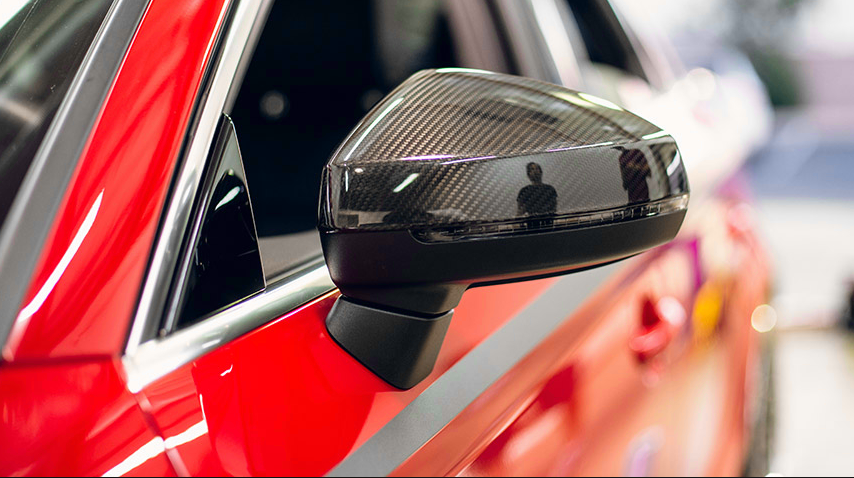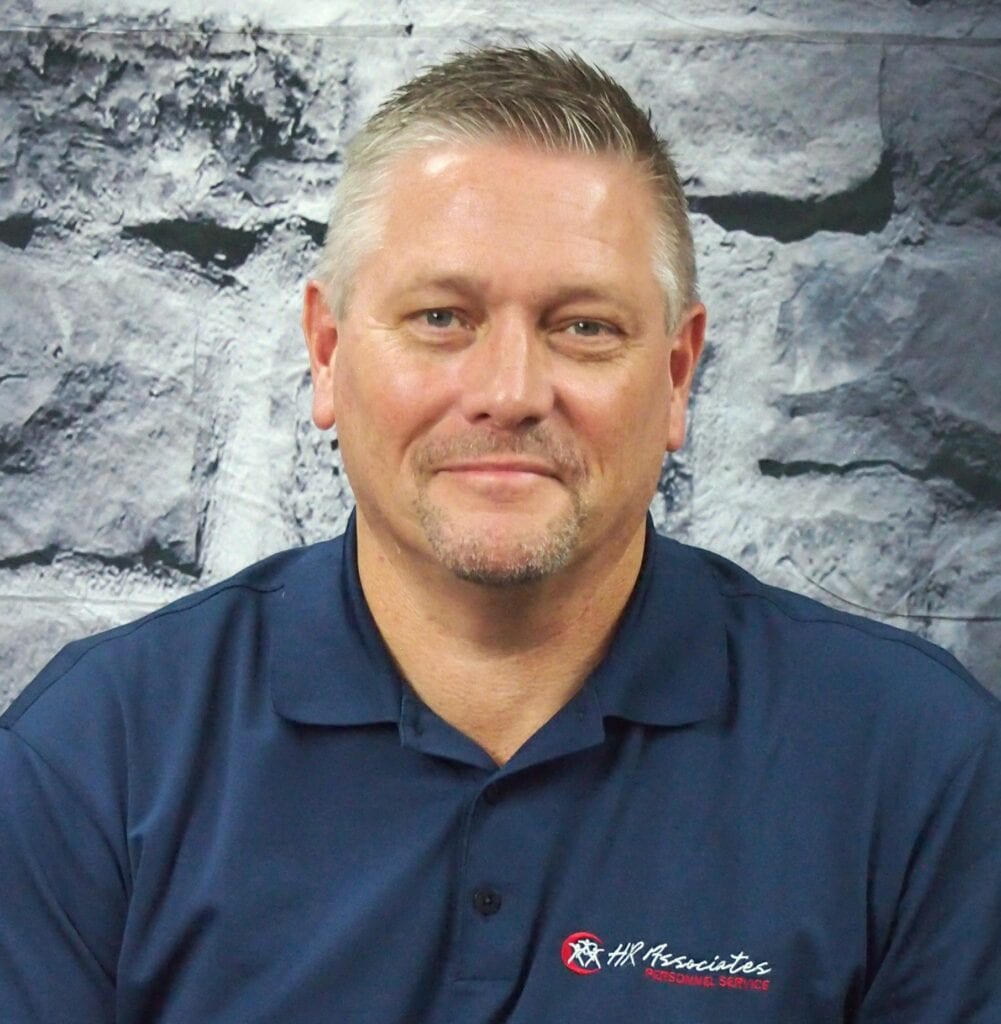
Increased use of Carbon Fibre Composites within the aerospace and automobile industries will continue to drive our local economy into the 2020s. To produce these composites, carbon fibers are usually combined with plastic resins and baked, forming a composite material, Carbon Fibre. Carbon Fibre is 80% lighter in weight yet has all the strength of steel, which makes it easily marketable to airplane and car manufacturers.
The auto industry is shedding weight wherever it can to improve mileage and reduce carbon emissions. According to IHS Markit, the use of carbon fibre in the automotive industry is expected to double by 2020. The average car is expected to incorporate nearly 772 lbs. of plastics, up from 441 lbs. in 2014.
Driving this increase comes from the US Government’s goal to have an Efficiency Standard of 54.5 mpg by 2025. The use of carbon fibre and composites enable manufactures to build car bodies weighing 25-70 percent less than competing materials, according to IHS. Design weight reductions in non-load bearing structures are the biggest targets for carbon fibre, as in doors, roofs, hoods, or lift gates.
Ford & auto industry parts supplier, Magna, have developed a prototype carbon fibre composite subframe. They claim a 34% mass reduction and an 87% reduction in the number of parts. The moldings are joined with adhesive bonding and structural rivets.
Aerospace industries, Boeing and Airbus, use carbon fibre in 20-25% of their wide body air-frames, although at $15 per pound, the use is limited.
The carbon fibre found in most cars and aircraft are made from the thermoplastic, polyarylonitrile (PAN), which is a pricey, non-renewable resin. There currently is a push to mix a renewable waste product of ethanol production, lignin, with PAN to create a lower priced Carbon Fibre for industry use. Even at a 20-30% mix of lignin, the carbon fibre retains its strength and at a considerable cost reduction.
As carbon fibre popularity continues to grow, many Miami Valley resin manufacturers and recyclers will be able to increase their sales volume to Midwest aerospace and automobile companies for years to come.

“Making connections is what we do! Let’s talk!”
— Steve Risner
